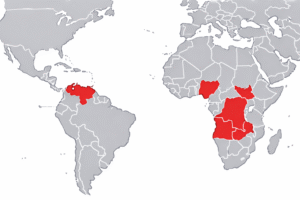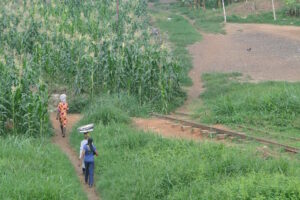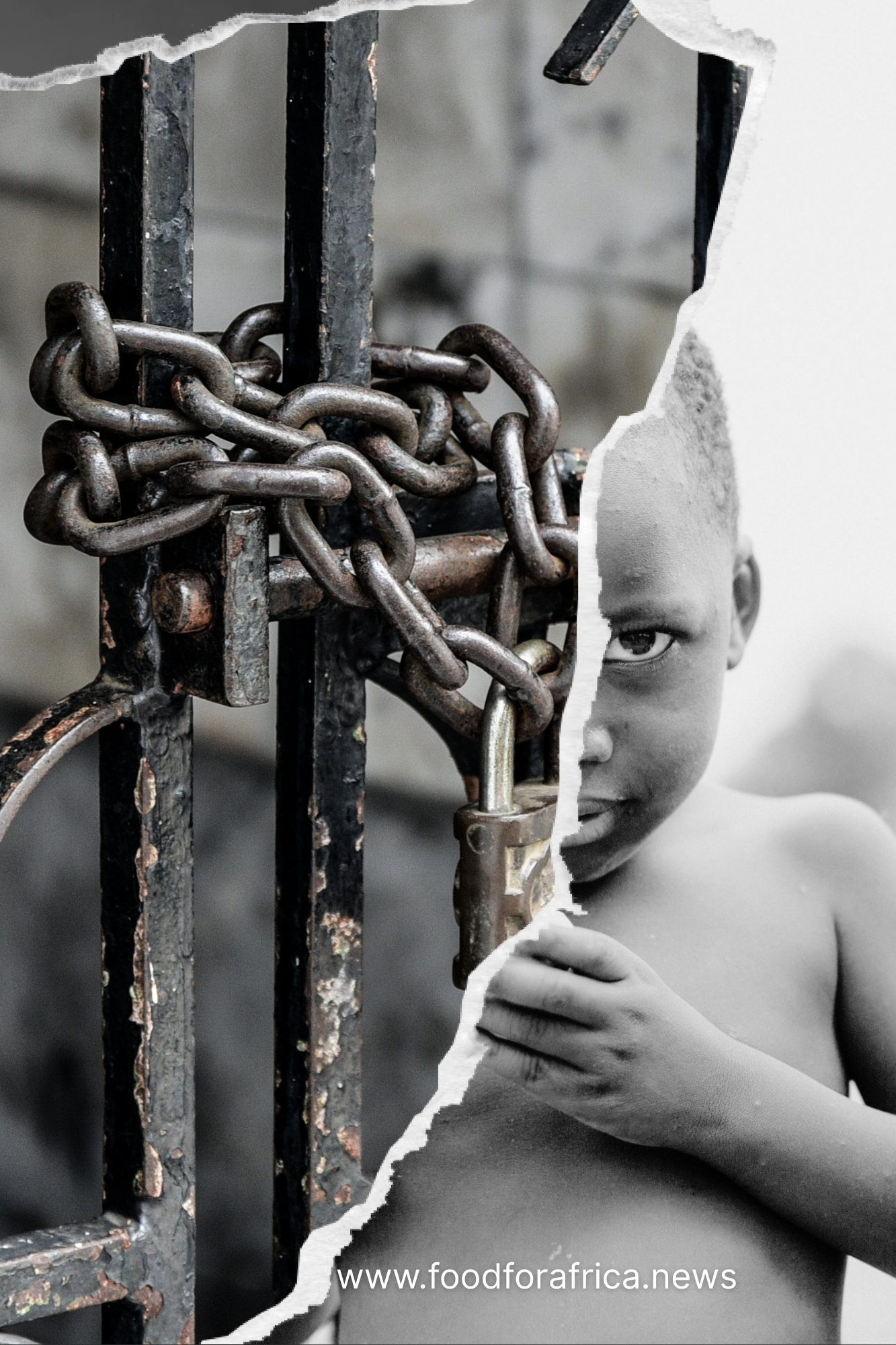For the first time in fifteen years, Ghana has moved to increase the daily feeding allowance for inmates in its prisons. President John Dramani Mahama’s government approved a rise from GH¢ 1.80 (roughly USD $0.15) to GH¢ 5.00 (approximately USD $0.40) per prisoner per day, a 178 percent jump. Officials say the change will fight malnutrition in facilities that hold more than 14,000 people.
But while the announcement made headlines, the story is more complicated.
Hunger Behind Bars
Prisoners in Ghana have long lived with chronic hunger. Human rights reports describe rations as inadequate, forcing inmates to rely on donations or prison farms. Inmates are routinely fed corn porridge and thin soups without protein. Malnutrition has been linked to illness, weakness, and unrest inside overcrowded facilities.
Even after the approval of the increase, reports confirm that prisoners are still being fed on the old GH¢ 1.80 ration because the additional funding has not yet been released. In practice, nothing has changed.
Public Outcry
Outside the prison walls, the increase has triggered a backlash. Many Ghanaians point out that ordinary citizens, especially the poor, struggle to afford meals. With food inflation and widespread unemployment, critics ask why inmates should receive a guaranteed allocation that many free citizens do not.
In everyday terms, GH¢ 5 is a fragile amount: on the streets it might buy a single serving of kenkey with pepper or a small plate of waakye, but when stretched at the local market it can cover rice, beans, gari, or yam to prepare one to two modest meals at home. For some households, that sum represents the entire daily food budget, forcing families to plan carefully and sacrifice variety just to stay fed.
On the other hand, rights advocates argue that when the state locks someone up, it takes full responsibility for that person’s survival. International standards, such as the UN’s Mandela Rules, require states to provide adequate food to prisoners. Starvation, they say, cannot be part of a prison sentence.
The Larger Question
The argument over the prison stipend raises a question: if a society tolerates hunger in its prisons, does it also normalize hunger outside them? Ghana’s debate over whether inmates deserve GH¢ 5 a day cannot be separated from the reality that millions of Ghanaians face food insecurity.
The question remains: is the fight against hunger a matter of who deserves it, or is it a right owed to all?
Sources
- MyJoyOnline: “Gov’t raises prison feeding fee from GH¢ 1.80 to GH¢ 5 after 15 years”
https://www.myjoyonline.com/govt-raises-prison-feeding-fee-from-gh%C2%A21-80-to-gh%C2%A25-after-15-years - US Department of State: 2022 Country Reports on Human Rights Practices – Ghana
https://www.state.gov/reports/2022-country-reports-on-human-rights-practices/ghana - University of Ghana Research: Food and Nutrition in Ghanaian Prisons
https://ugspace.ug.edu.gh/items/f1a6ddbf-a646-45e2-a179-cc865e3ba397 - JoyNews: “Prisoners still being fed on GH¢ 1.80 despite approval of increase”
https://www.facebook.com/JoyNewsOnTV/posts/prisoners-still-being-fed-on-gh180-despite-governments-approval-of-an-increase-t/1142157931441938
















A very insightful and informative article. Keep up the good work and thank you for publishing this information for all worldwide to read.